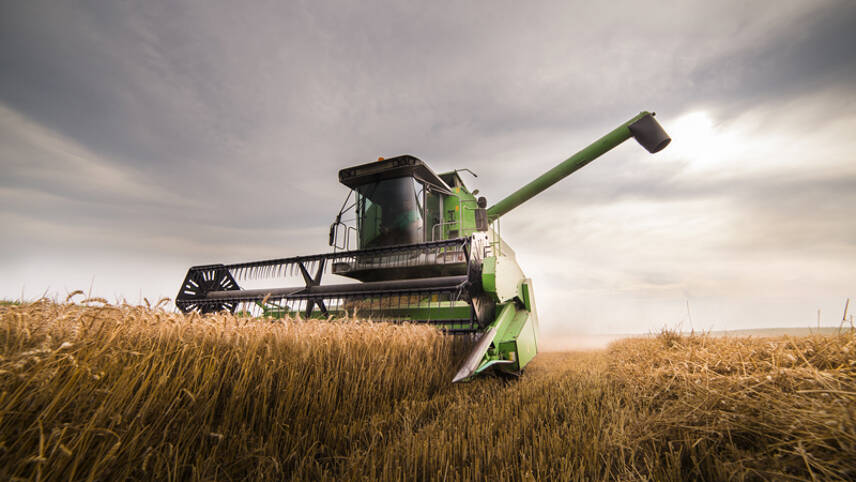Register for free and continue reading
Join our growing army of changemakers and get unlimited access to our premium content

This is based on research conducted by FAIRR, a network supported by investors with more than $70trn in combined assets, which examined the stance of 79 global agri-food firms on regenerative agriculture.
Among the 79 companies examined, 63% made public acknowledgments regarding the need for regenerative agriculture to tackle climate change. Nevertheless, a considerable 64% of the 50 expressing support have refrained from establishing specific targets.
The global companies that have failed in translating their rhetoric into concrete actions include Chipotle, Domino’s and Bunge.
FAIRR network’s founder Jeremy Coller said: “From soybeans to fish food, the agri-food sector is a significant driver of biodiversity loss and greenhouse gas emissions as it turns commodities into the food on our plates.
“FAIRR’s research shows there are more promises than progress in the agri-food sector. Investors will want to see measurable targets that match companies’ stated ambitions on regenerative agriculture if they are to ensure they don’t fall foul of anti-greenwash regulations.”
A mere 8% of the 50 companies, such as Nestlé, PepsiCo and JBS, have taken the step of setting financial targets to support farmers within their supply chains, aiming to incentivise the adoption of regenerative agricultural practices.
Additionally, Sodexo’s Good Eating Company has committed to allocate 15% of its food budget to regenerative agriculture initiatives.
Walmart, in collaboration with PepsiCo, has also set an ambitious target to eliminate four million tons of greenhouse gas emissions (GHG) through its regenerative agriculture program.
However, while a few leading companies have made positive commitments towards regenerative agriculture, progress across the agri-food sector remains uneven.
Policies and Challenges
One significant challenge highlighted by the research is the absence of a universally accepted definition for ‘regenerative agriculture‘ and a lack of consensus on the specific objectives that companies aim to achieve through it.
FAIRR’s assessment revealed that ‘soil health’ and ‘carbon-related’ consequences were the most frequently mentioned sustainability outcomes. Following these were ‘enhancing water usage and quality,’ ‘biodiversity,’ and ‘diminished use of agrochemicals.’
Conversely, social outcomes associated with farmer incomes, equitable transitions, and other economic aspects, often referred to as ‘livelihood’ in corporate disclosures, received the least attention.
The report claims that this lack of clarity makes it challenging to substantiate claims related to regenerative agriculture, thus exposing companies to potential regulatory risks and evolving reporting requirements.
The forthcoming EU Green Claims Directive, set to take effect in 2026, imposes a responsibility on food companies marketing in the EU to validate claims such as those concerning regenerative agriculture.
Non-compliance with this directive could result in penalties reaching up to 4% of annual turnover. Similarly, recent guidelines from the UK Advertising Standards Authority, effective this year, mandate that environmental claims must be verifiable and substantiated.
Furthermore, the Taskforce on Nature-related Finance Disclosures (TNFD) framework has underscored several biodiversity risks associated with regenerative agriculture, including nutrient pollution, loss of pollinators, and soil health deterioration.
Additionally, a new report has called on the UK Government to ramp up approaches to regenerative farming practices, stating that Defra should set up a dedicated Task Force to help improve biodiversity, combat the climate crisis and overcome a looming food shortage risk.


Please login or Register to leave a comment.